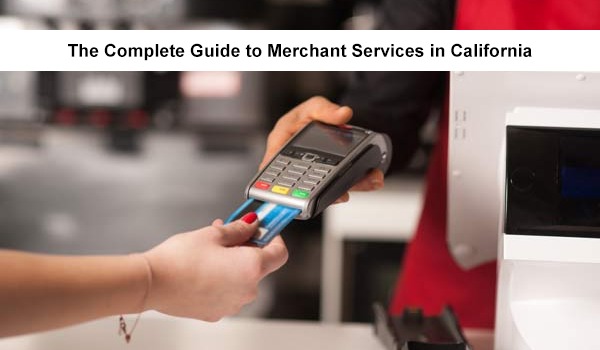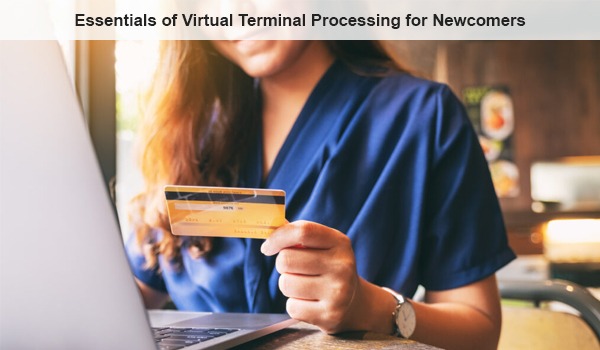
Demystifying Merchant Services Fees: A Complete Guide
Introduction
Overview of Merchant Services
Merchant services encompass a broad range of financial services aimed at businesses, facilitating the acceptance of multiple payment methods. These services are crucial for modern commerce, enabling businesses to accept credit cards, debit cards, e-wallets, and other forms of electronic payments.
Importance of Understanding Fees
Understanding the various fees associated with merchant services is essential for businesses of all sizes. These fees can significantly impact profitability, and a lack of transparency can lead to unexpected costs and decreased revenues.
Purpose and Scope of the Article
This article aims to offer a clear and comprehensive guide to the different types of fees in merchant services, factors influencing them, and strategies for management and reduction.
Types of Merchant Services Fees
Transaction Fees
Definition and Explanation
Transaction fees are costs incurred every time a customer makes a payment. These fees compensate the service provider for facilitating the transaction.
How They Are Calculated
Transaction fees are usually calculated as a combination of a percentage (e.g., 2.9%) and a fixed fee (e.g., $0.30 per transaction). These fees can vary based on the payment method and the provider.
Examples and Scenarios
Retail Scenario:
- The customer buys a $100 item.
- Transaction Fee: 2.9% of $100 ($2.90) + $0.30.
- Total Fee: $3.20.
Online Scenario:
- It has a similar structure, but fees might be higher due to added security risks.
Monthly Fees
Types of Monthly Fees
Monthly fees can include costs for account maintenance, statement fees, and minimum transaction fees.
Services
These fees often cover customer support, monthly statements, and additional reporting tools.
How They Impact Businesses
Monthly fees are predictable but can add up, especially for small businesses. Examining these costs is crucial to avoid unexpected financial burdens.
One-time Fees
Setup and Installation Costs
Initial setup fees cover establishing a new account and installing the necessary software.
Equipment Purchase Fees
Buying equipment like card readers and POS systems can incur significant upfront costs.
Account Closure Fees
Some providers charge fees for closing an account, which can be another financial consideration when switching providers.
Factors Influencing Merchant Fees
Business Type
Retail vs. Online
Retail businesses typically face lower fees compared to online businesses, which have higher security requirements.
Small vs. Large Businesses
Larger businesses often qualify for lower rates due to higher transaction volumes, while small businesses might face higher fees.
High-risk vs. Low-risk Businesses
High-risk businesses, like adult entertainment or travel services, tend to have higher fees due to increased chances of fraud and chargebacks.
Transaction Volume
Impact of Transaction Frequency
The more frequently transactions occur, the more fees a business will accumulate. Some providers offer lower fees for higher volumes.
Volume-based Discounts
Providers might offer discounts for businesses with high transaction volumes, reducing the overall fee burden.
Examples of High and Low Volume Scenarios
High Volume
- A supermarket with hundreds of transactions daily may negotiate lower fees.
Low Volume
- A boutique with a few transactions daily may face higher per-transaction fees.
Payment Methods
Credit and Debit Card Fees
Credit cards usually have higher fees due to the increased risk of chargebacks. Debit card fees are often lower.
E-wallet and Alternative Payments
Services like PayPal, Apple Pay, and Google Wallet also come with their fee structures.
Mobile Payment Systems
Mobile payments can be convenient but may have varying fees depending on the provider.
How to Manage and Reduce Fees
Negotiating with Providers
Tips for Effective Negotiation
- Research industry standards.
- Present your business's transaction history.
- Ask for volume-based discounts.
Understanding Provider Flexibility
Providers often have some flexibility in their fee structures, especially for businesses with high transaction volumes.
Selecting the Right Provider
Criteria for Choosing Providers
Look for providers with transparent fee structures, excellent customer service, and reliable technology.
Comparing Different Providers
Make detailed comparisons between providers to find the best fit for your business needs.
Red Flags to Watch For
Watch out for hidden fees, long-term contracts with stiff termination clauses, and poor customer service.
Utilizing Technology
Role of POS Systems
Advanced POS systems can help streamline transactions and integrate seamlessly with merchant services.
Benefits of Integrated Payment Solutions
Integrated solutions can reduce errors and save time, making fee management easier.
Automation Tools for Fee Management
Automation tools help in tracking and optimizing fee structures, ensuring no discrepancies.
Legal and Compliance Aspects
Regulatory Requirements
Understanding regulatory requirements can help businesses stay compliant and avoid fines.
Important Laws to Know
Key regulations include PCI-DSS standards for data security and Dodd-Frank Act provisions for fee transparency.
Regulatory Bodies and Their Roles
Organizations like the Federal Trade Commission (FTC) and Payment Card Industry Security Standards Council (PCI SSC) play key roles in setting and enforcing rules.
Consequences of Non-compliance
Non-compliance can result in hefty fines, legal issues, and loss of business credibility.
Consumer Protection
Transparent Fee Structures
Transparent fees build trust with customers and reduce the likelihood of disputes.
Protecting Data
Secure processing channels are vital to protect customer data and maintain business.
Liability and Dispute Resolution
Understand your liability in case of fraud and have a clear dispute resolution process.
Contractual Obligations
Reading the Fine Print
Always read the fine print to understand what you're signing up for, including hidden fees and obligations.
Termination Clauses
Be aware of any fees or penalties for terminating contracts early.
Changes in Terms and Conditions
Providers may change fees or terms, so it's essential to stay informed and know your rights.Conclusion
Understanding the different types of merchant services fees, the factors that influence them, and strategies to manage them can significantly benefit businesses of all sizes. Being informed about these fees helps businesses avoid unnecessary costs and make better financial decisions. Staying updated on the intricacies of merchant services fees is crucial for business growth and sustainability, enabling businesses to navigate the financial landscape more effectively and ensuring long-term success. By proactively managing these fees, businesses can optimize their operations, improve profitability, and remain competitive in a dynamic market environment. Additionally, informed decision-making regarding merchant services can foster better relationships with service providers, leading to more favorable terms and conditions.









